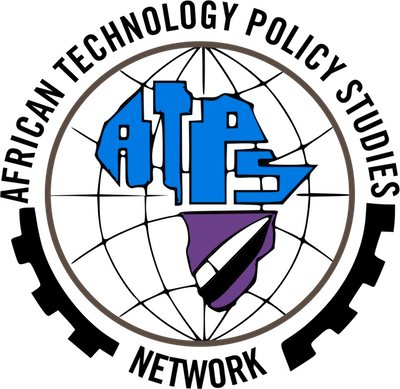
African Technology Policy Studies Network (ATPS)
Joined March 2021
ATPS works across Africa . Our Vision is to use Science, Technology and Innovation (STI) as a means for achieving sustainable development in Africa. Core areas: Agric; Environment; Health and Energy
The African Technology Policy Studies Network (ATPS) is a transdisciplinary network of researchers, policy-makers, private sector and civil society actors. It promotes the generation, dissemination, use and mastery of science, technology and innovation (STI) for African development, environmental sustainability and global inclusion. Its mission is to improve the quality of STI research, policy and practice for sustainable development in Africa – by Africans, for Africa.
In collaboration with like-minded institutions, ATPS provides platforms for regional and international research and knowledge sharing in order to identify and prioritize the generation, use and mastery of STI for sustainable social, economic and environmental development in Africa. With a Regional Secretariat based in Kenya, the ATPS network functions through National Chapters and Chapter Focal Points in 30 African countries and Africans in Diaspora representing Anglophone, Lusophone and Francophone Africa.
The ATPS Phase VIII Strategic Plan for 2017-2022 has identified four strategic priority areas of focus during the period. These are: agriculture, food and nutrition; energy; climate change and environment; and health. The Phase VIII Strategic Plan also identified five strategic objectives for implementation under its programmatic objectives. These objectives cut across all the identified thematic priority areas of work. They are as follows: STI policy research, policymaking and advocacy; Training, sensitization and capacity building; Youth and gender empowerment; Knowledge brokerage, management and commercialization; and Intra-Africa and global collaboration and partnerships
